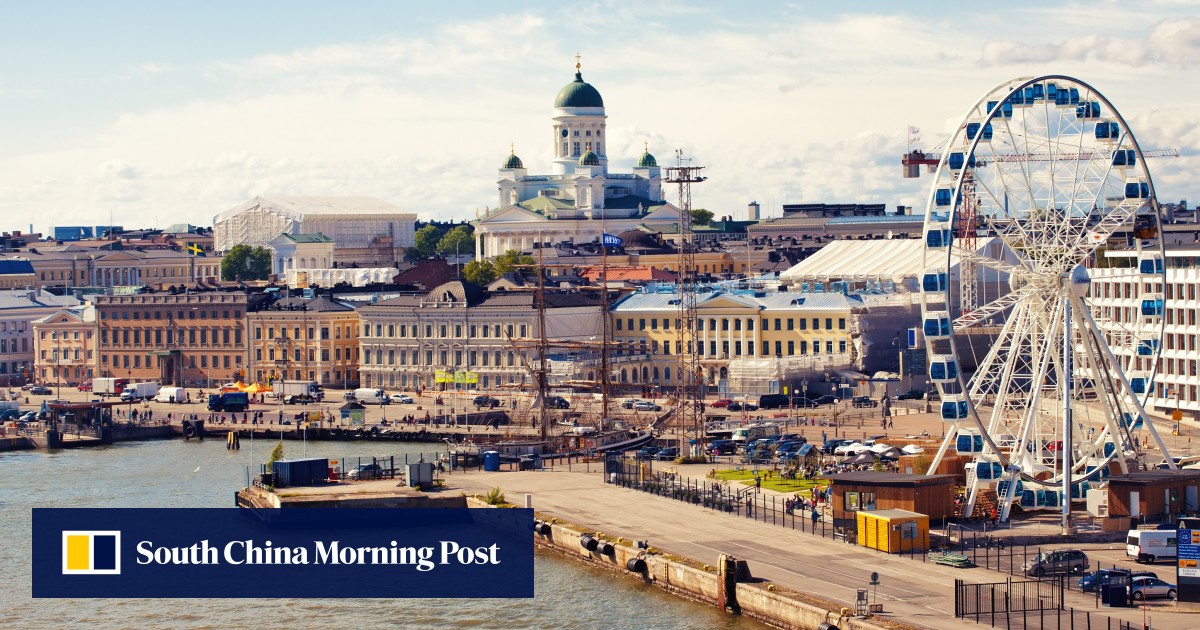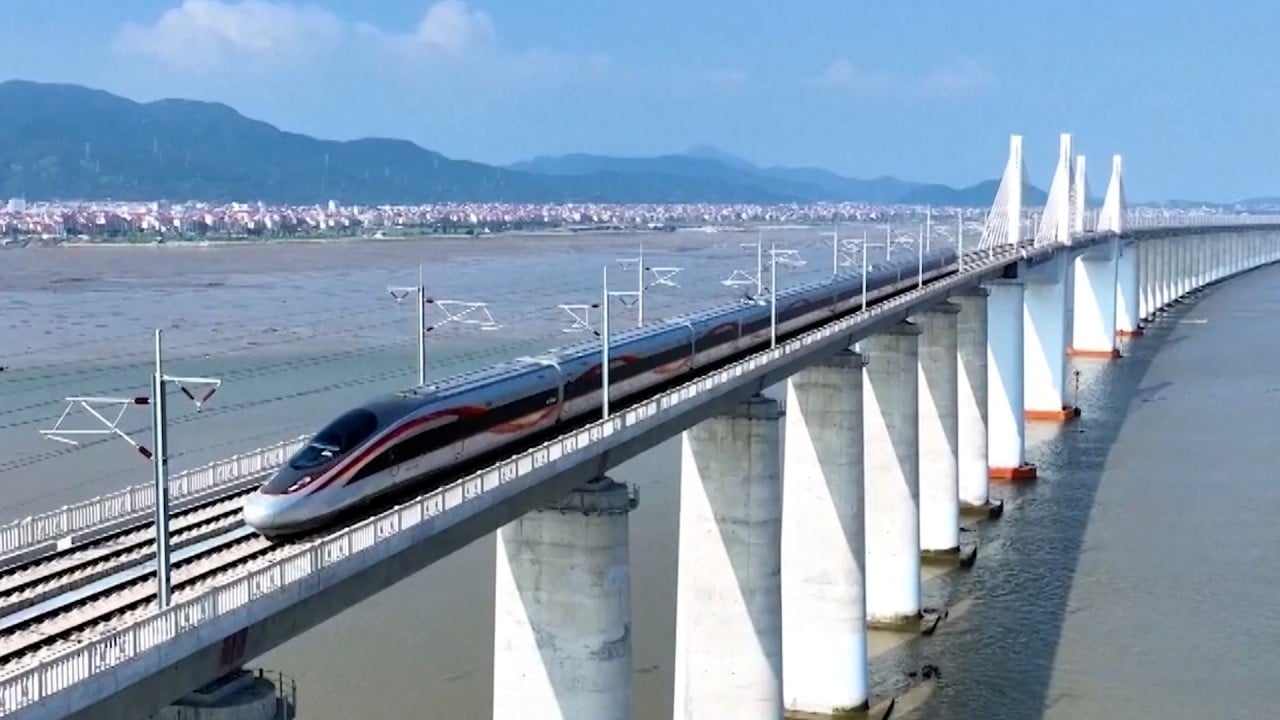Valtonen has been talking for “quite a long time” with China Railway Engineering Corporation, the state-owned enterprise that built the high-speed line linking Winter Olympic sites in Beijing and Zhangjiakou in north China’s Hebei province.
Trains on that line hurtle through tunnels under the Great Wall of China at speeds of up to 350km/h.
The tunnel project caused a storm a few years back, with media reports focusing on the involvement of China’s Touchstone Capital Partners, a state-linked financier that had raised alarms in Estonian intelligence services.
Valtonen estimates the total project will cost €15 billion (US$16.3 billion), with 70 per cent of that to come from debt.
He said the finances had recently been “renegotiated”, and while there still may be some Chinese debt involved, it would also include European, American and Middle Eastern money. He did not, however, want to disclose the details.
“Our funding is not Chinese, it’s international,” he told the Post, adding that “we’d rather stay out of politics”.
EU locks horns with China’s envoy on Ukraine, as schisms on war remain
EU locks horns with China’s envoy on Ukraine, as schisms on war remain
Both Estonia and Finland share land borders with Russia and are known to be among the most hawkish EU members towards Moscow and Beijing. Following Russia’s invasion, Helsinki followed its smaller Baltic neighbour into the Nato military alliance.
“The Russian aggression towards Ukraine has heavily impacted all the neighbouring countries of Russia. The cross-border connection to the west, as well as the maritime transport on the Gulf of Bothnia, are ever more important for Finland,” said Maria Torttila, a senior expert in the Finnish Ministry of Transport and Communications.
Helsinki is looking at ways to boost its connectivity and secure its supply chains, Torttila said. But while it is “open for discussion” on the tunnel, the project does not currently figure in its government programme or 12-year transport plans.
“The tunnel involves a lot of safety-related issues, which will certainly be discussed together with the Estonians. Including the question of who can be involved in the project,” Torttila said.
Martin-Erich Torjus, an adviser in Estonia’s Ministry of Climate, suggested that while private capital would be vital to building big ticket infrastructure projects, it should ultimately rest with the government to roll it out.
He said that even if private sector involvement could be beneficial, as the amount of investment was huge, the states were the ones that should lead the project.
Analysts said the fraught geopolitical situation would not help the tunnel plans see the light of day.
“In the current tense security environment in northeastern Europe, it is not easy to imagine an enthusiastic reception, but this hinges partly on what the exact roles of the involved Chinese entities would be, and what their relationship to the state is,” said Mikael Mattlin, deputy director of the Finnish Institute of International Affairs.
Sari Arho Havren, an associate fellow at the Royal United Services Institute, said that as a new Nato ally, “Finland obviously must consider risks from a larger perspective, also those that concern its allies, in addition to reflecting security issues to the European economic security plan”.
She pointed to China’s relationship with Russia as a factor in souring its perception among the general public in Finland.
“Finnish media has reported quite extensively about Russia’s relationship with China, and I don’t think it is unclear to anyone who reads or follows the Finnish-speaking news how close these two are,” she said.
Valtonen, the developer, pointed to Chinese state investment in a battery factory elsewhere in Finland as evidence that the tunnel was subjected to unfair criticism.
“Why does our government trust the Chinese partner to work on a joint battery factory? Why is that different? Have you taken the metro in Stockholm, operated by MTR, the Hong Kong company … is that a risk, or should I take the taxi or the bus instead?” he said.
The company had hoped to have its first trains run this year, but it is now looking to 2030 as a more realistic target. Legal disputes continue over planning and environmental assessments, but Valtonen remains enthusiastic about the tunnel’s prospects.
“The tunnel is an important connection between Finland and Estonia, connecting two Nato countries … geopolitics, that’s something we can’t do anything about.”


